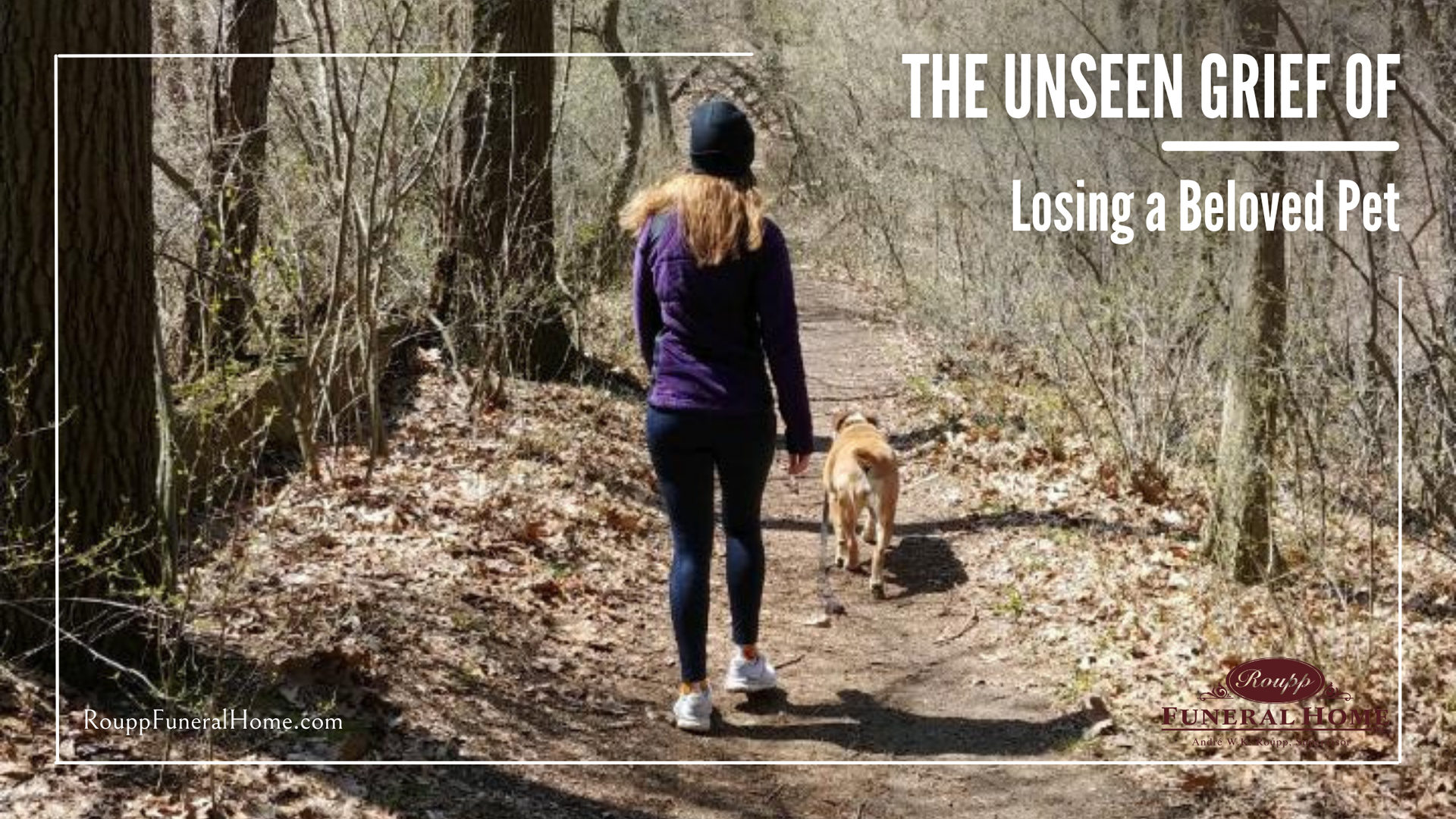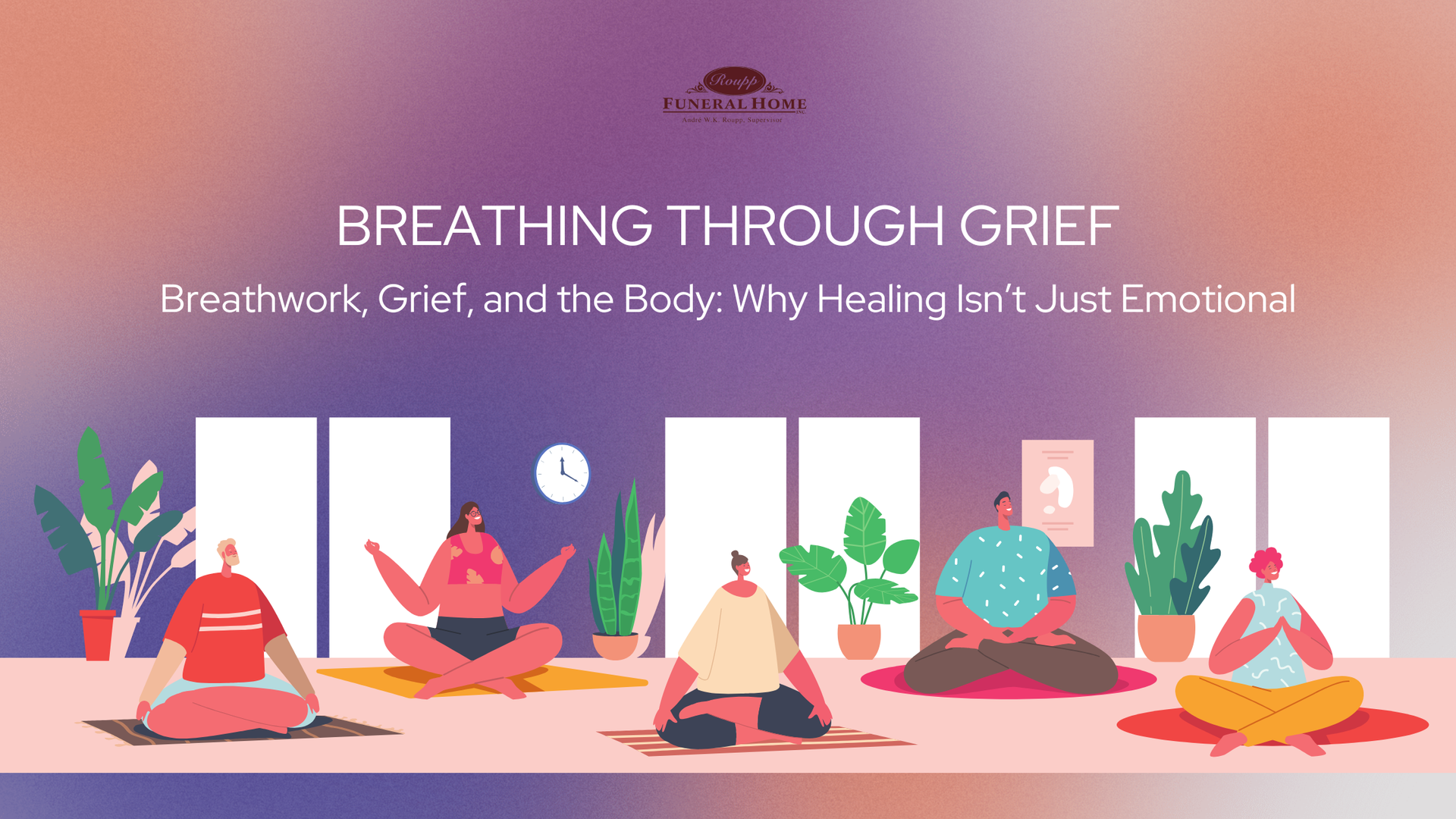How Exercise Can Help Heal Grief
Grief is an intense emotional response to loss, and it can take many forms, including sadness, anger, guilt, and confusion. It's a natural response to losing a loved one, a job, a pet, or a relationship. While grief can feel overwhelming and painful, exercise is one way to help cope with it. In this blog post, we'll explore how exercise can help heal grief.
Exercise releases endorphins
Endorphins are natural mood enhancers that are released when you exercise. They can help you feel good and reduce feelings of stress and anxiety. When you're grieving, your body can experience physical symptoms like fatigue, aches, and pains. Exercise can help alleviate these symptoms and improve your overall mood.
Exercise helps you sleep better
Grief can make it difficult to sleep, which can exacerbate feelings of sadness and exhaustion. Exercise can help you sleep better by promoting relaxation and reducing stress levels. When you exercise, your body temperature rises, and then it falls, which can make you feel more relaxed and ready for sleep.
Exercise provides a distraction
When you're grieving, it can be difficult to focus on anything other than your loss. Exercise provides a distraction by allowing you to focus on your body and your physical movements. It can help you take your mind off your grief and provide a temporary break from your emotions.
Exercise can provide a sense of accomplishment
Grief can make you feel powerless and helpless. Exercise can provide a sense of accomplishment and control by giving you a goal to work towards. Whether it's running a mile, lifting weights, or doing yoga, exercise can give you a sense of purpose and help you feel more in control of your life.
Exercise can help you connect with others
Grief can be a lonely experience, but exercise can help you connect with others who are going through similar experiences. Joining a support group or attending a fitness class can provide you with a sense of community and help you feel less alone. Exercise can also be a social activity that you can enjoy with friends or family members.
Exercise can improve your self-esteem
Grief can make you feel like you're not good enough or that you've failed in some way. Exercise can improve your self-esteem by helping you feel stronger and more capable. As you make progress in your fitness journey, you may feel more confident in your ability to overcome obstacles and deal with challenges.
Exercise can be a form of self-care
When you're grieving, it's important to take care of yourself. Exercise can be a form of self-care by helping you feel better physically and emotionally. It can also be a way to honor the memory of the person or thing you've lost by taking care of yourself in their absence.
In conclusion, exercise can be a powerful tool for healing grief. It can release endorphins, improve sleep, provide a distraction, give a sense of accomplishment, help connect with others, improve self-esteem, and be a form of self-care. While exercise isn't a cure for grief, it can be a helpful coping mechanism that can help you feel better and move forward in your healing journey.
If you're interested in learning more about how exercise can help with grief, we would like to encourage you to attend the upcoming Exercise To Help with Grief Seminar at the Mifflinburg YMCA on April 6th.
This seminar will provide valuable information and strategies for using exercise to cope with grief, and it's a great opportunity to connect with others who are going through similar experiences. Don't miss out on this chance to take care of yourself and honor the memory of your loved one.
Register HERE.













